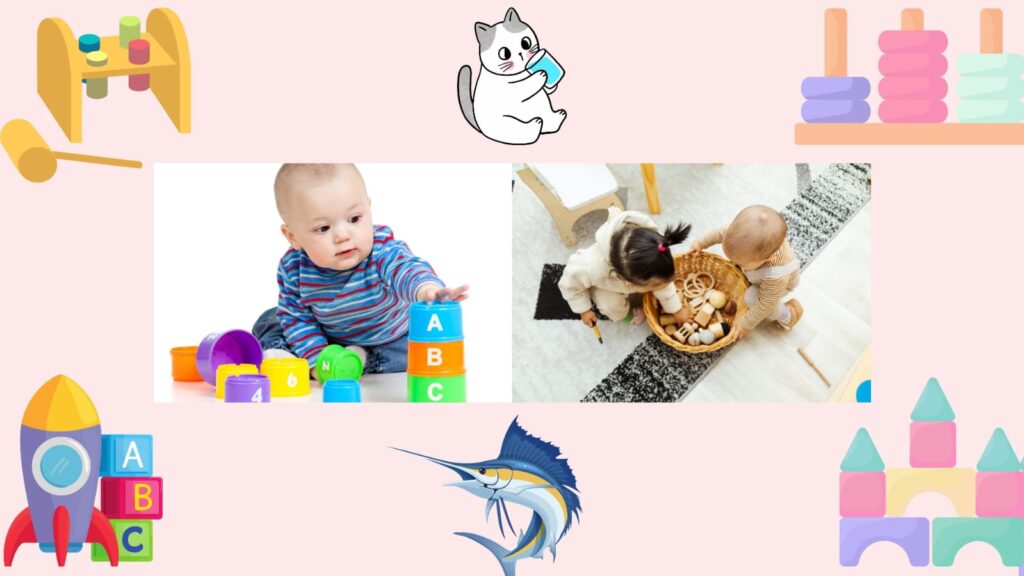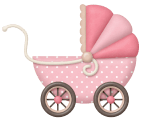
Educational Toys for Kids Knowledge Builders
Introduction
Educational Toys for Kids Knowledge Builders are fun and moving tools designed to help children grasp while they play. These toys make learning easy and good, sparking interest and building important skills for the future.
Definition of educational toys
Educational toys are playthings designed to teach children specific skills or knowledge while they play. These toys aim to make learning enjoyable by linking fun activities with educational content, helping children develop knowledge, and physical, and social skills.

importance of educational toys in child development
Educational toys play an important role in child development by encouraging learning through play. They increase percipient skills like problem-solving and reproving thinking, improve motor skills through hands-on activities, and inspire social exchange and cooperation. By making learning enjoyable, educational toys help children develop a love for learning that can last a lifetime.
Overview of benefits for kids
Educational toys offer many benefits for kids. They boost knowing development by improving problem-solving, memory, and analytic thinking skills. These toys also increase fine and gross motor skills through hands-on play. Additionally, they foster vision and imagination, encourage social skills through joint play, and build self-confidence as children master new capacities. Overall, educational toys make learning enjoyable and appealing.
Types of Educational Toys
There are many types of educational toys some of which are given below:
Cognitive Development Toys
Cognitive development toys are designed to increase a child’s thinking, problem-solving, and learning capacity. These toys include puzzles, building blocks, and memory games that challenge the brain and encourage analytic thinking. By appealing with these toys, children develop important cognitive skills such as logical reasoning, spatial awareness, and gathering, which are key for academic success and everyday problem-solving

Language Development Toys
Language development toys help children improve their communication skills, vocabulary, and language understanding. These toys include alphabet blocks, storytelling sets, and communal books that inspire kids to explore words and sounds. Playing with these toys increases children’s ability to express themselves, understand new words, and develop a love for reading and storytelling, laying a strong foundation for future language and letter skills.
Age-Appropriate Educational Toys
Selecting age-appropriate educational toys is necessary for maximizing their developmental benefits. For infants, sensitive toys like bangs and soft books restore sight, sound, and touch. Children benefit from toys that increase motor skills and basic problem-solving skills, such as collecting blocks and simple puzzles. Preschoolers thrive with toys that promote creativity and early learning, like art supplies and educational games.
School-age children benefit from more complex toys, including science kits, strategy games, and construction sets, which challenge their cognitive abilities and encourage advanced learning. Choosing the right toys for each age group ensures that children remain engaged, challenged, and excited about learning.
Factors to Consider When Choosing Educational Toys
When selecting educational toys, consider the following factors to check they provide maximum benefit and enjoyment:
- Age Appropriateness: Choose toys that match the child’s developmental stage to check they are neither too simple nor too complex.
- Safety: Check the toys are made from non-toxic materials, have no small parts that could be a gasp hazard, and are sturdy enough to withstand play.
- Educational Value: Look for toys that promote learning in language, math, science, or social skills.
- Interest and Engagement: Select toys that match the child’s interests to keep them involved and motivated to learn.
- Versatility: Opt for toys that can be used in multiple ways to motivate creativity and extend interest.
- Durability: Choose high-quality toys that can oppose frequent use and are built to last.
- Social Interaction: Consider toys that encourage cooperative play and social interaction to help children develop important social skills.

Incorporating Educational Toys into Daily Life
Including educational toys in daily life can increase a child’s learning experience and make education part of their everyday routine. Start by combining these toys into regular playtime, creating opportunities for your child to catch up with them frequently. Use educational toys during daily activities, such as including letter blocks in storytime or using counting games during mealtime.
Encourage your child to explore these toys with friends or family members to promote social skills and joint learning. Additionally, make a designated space for educational toys to ensure they are easily reachable and provide a structured environment for learning and play. By weaving educational toys into daily routines, you help reinforce learning in a fun and natural way.
Conclusion
Educational toys are a valuable tool in a child’s development, offering many benefits across cognitive, language, and social skills. By carefully selecting age-suitable and safe toys that match a child’s interests, you can foster a love for learning and support their growth in a fun and attractive way.
Including these toys in daily routines check that learning becomes an essential part of playtime, and encourages continuous development and curiosity. The power of educational toys helps build a strong foundation for a child’s future learning and success.






Add comment